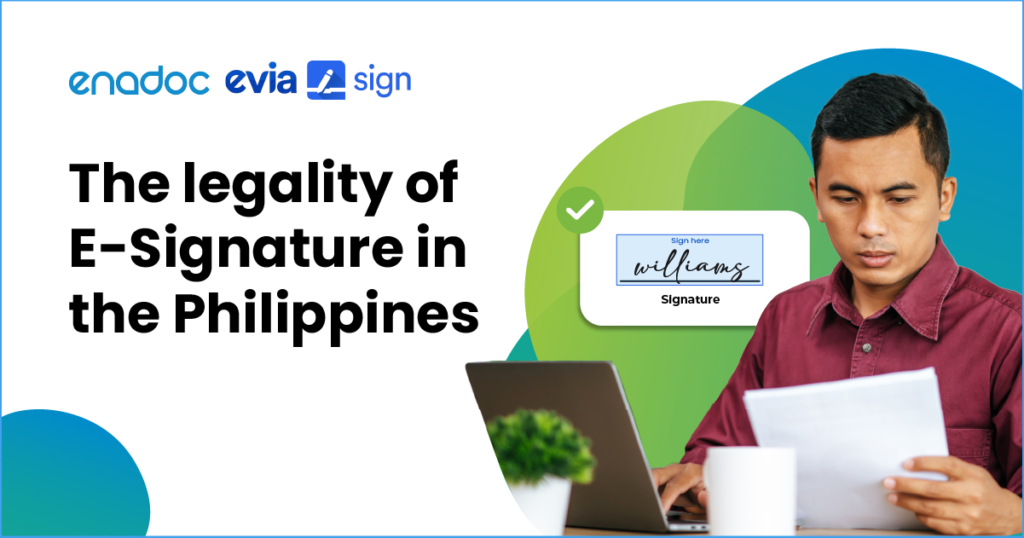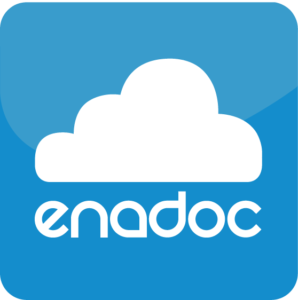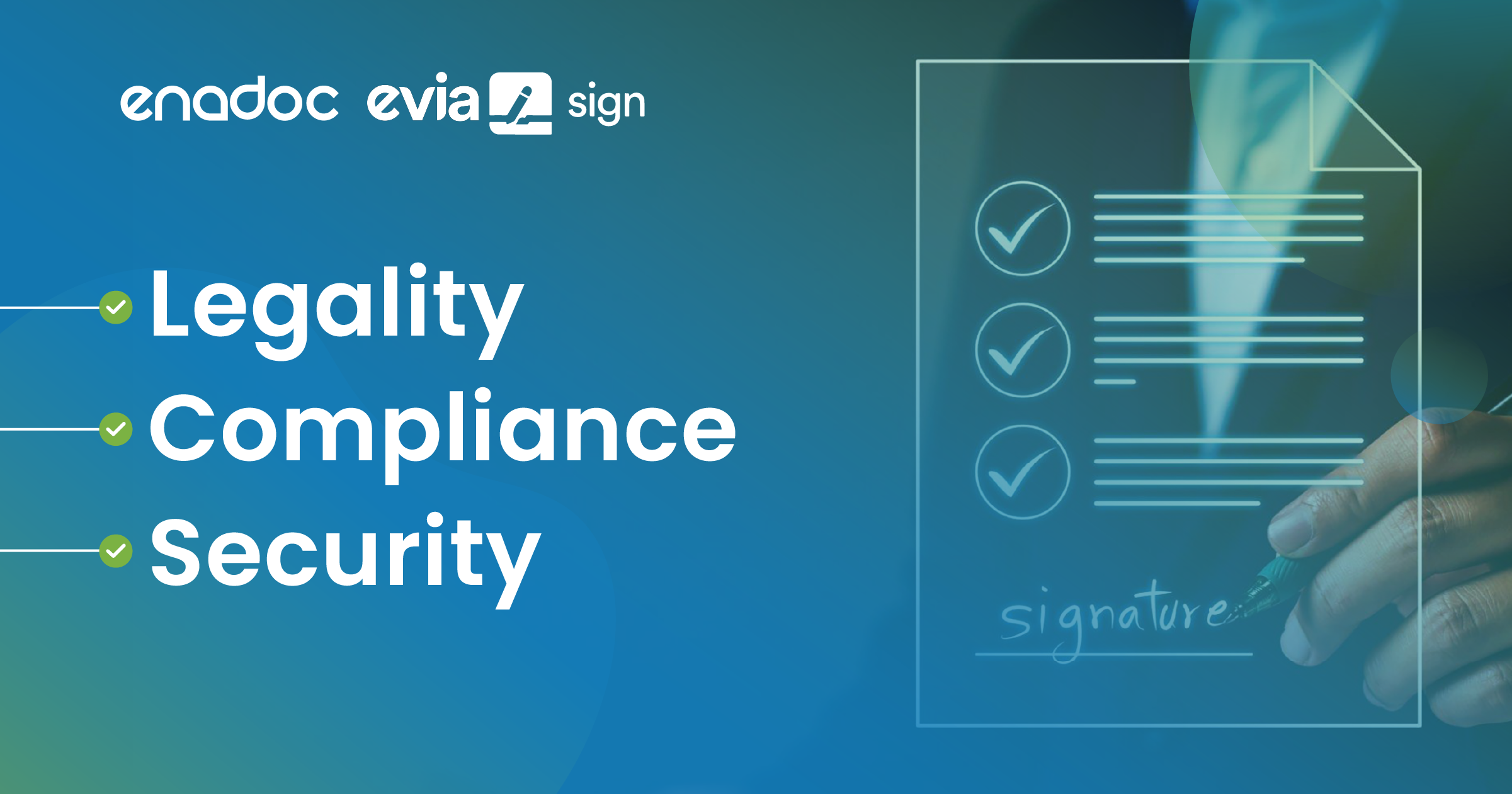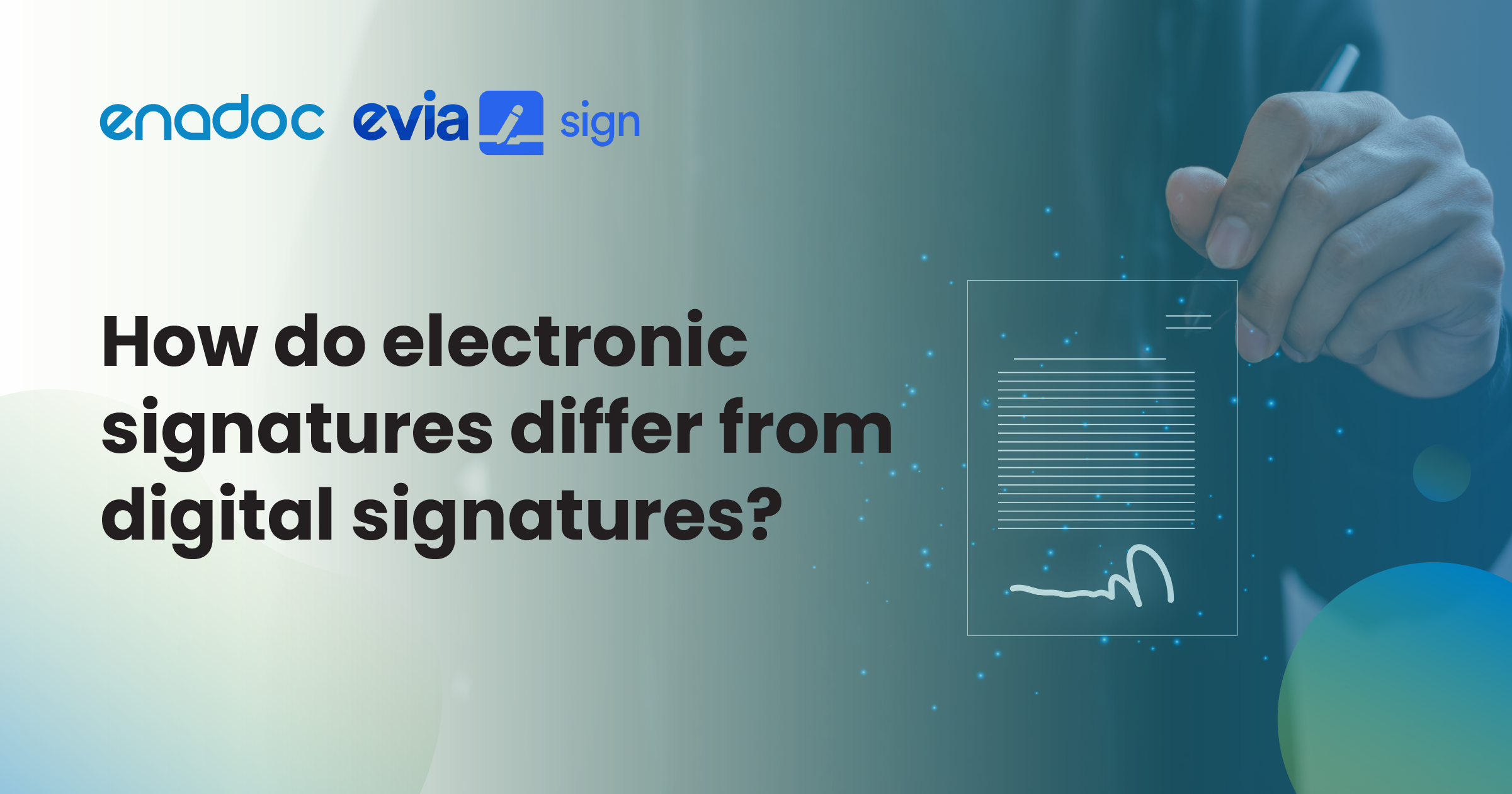
For some time, the Philippines, like all other countries worldwide, still uses physical signatures as legal binders. However, when technology evolved, and the use of digital documents rose, the legal standing of the e-signature in the Philippines began.
Safeguarding and facilitating technological and economic development, the Philippine government made laws and acts providing science and technology for national development progress.
The Electronic Commerce Act Of 2000
Republic Act 8792 or the Electronic Commerce Act of 2000, aims to facilitate domestic and international transactions by using electronic mediums and technology to recognize the authenticity and reliability of electronic documents. Nevertheless, despite the legal recognition of electronic documents and signatures, some special documents still require a physical and public copy.
Less of A question, More of an Answer
With this Act, the Legality of the e-signature in the Philippines is in the right hands. In addition, this Act provides the recognition and use of electronic commercial and non-commercial transactions.
As stated above, the Legality of the e-signature in the Philippines is a nonissue anymore.
Using the right E-signature solution with Enadoc
With a clear sight of the Legality of the e-signature in the Philippines, Enadoc offers Evia Sign to get documents approved and signed digitally from anywhere and anytime. Enadoc Evia Sign lets you send, access, and sign documents securely and conveniently from contracts, agreements, finance, transactions, reports, and more.
Try Enadoc Evia Sign for Free. No credit card required. Or email us at lisa@enadoc.com for more details.










